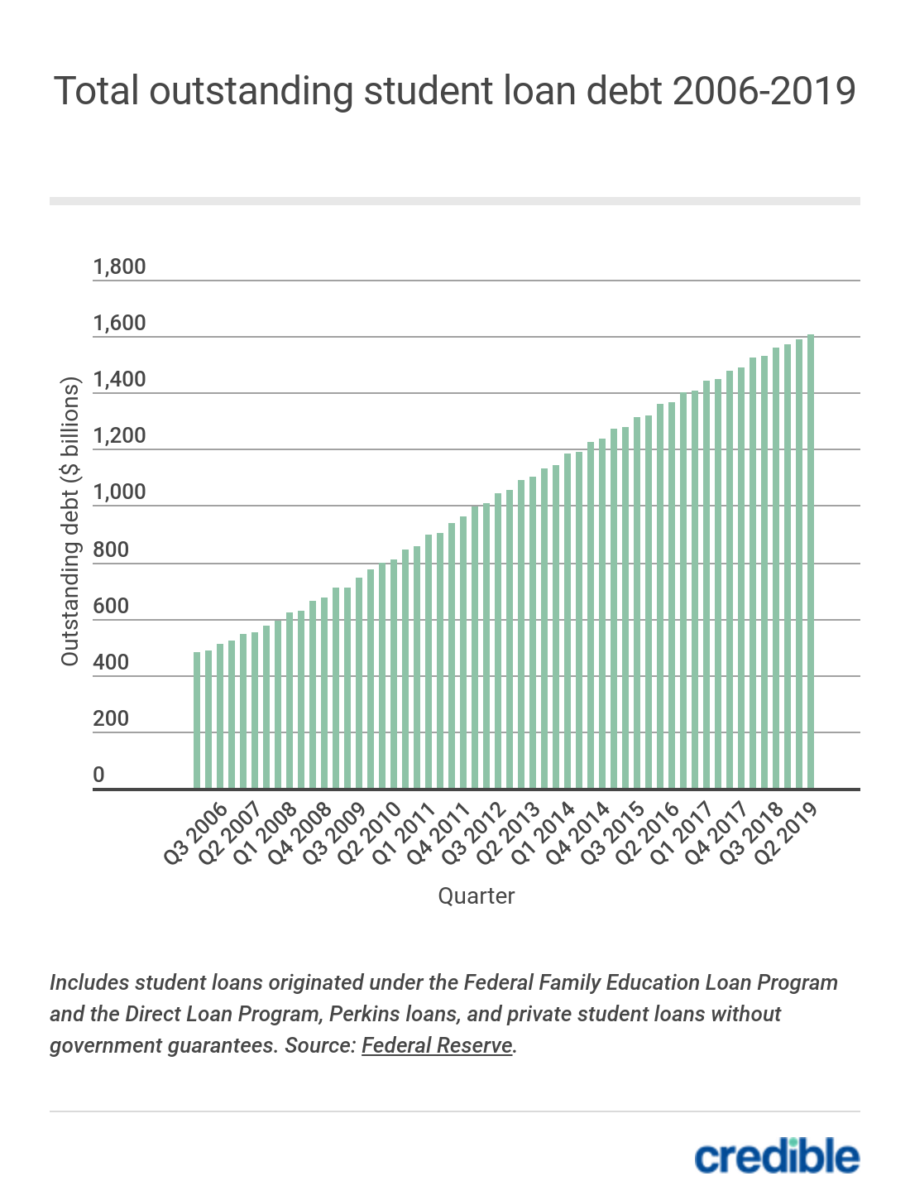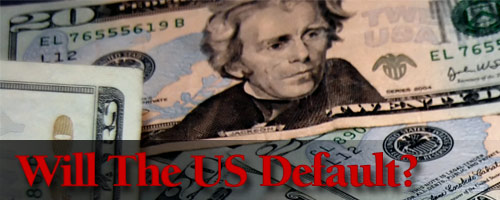

Let’s stop playing politics and get the debt limit raised. Both are still standing right now but a default on the national debt would be a knockout blow. The American economy and its Main Streets are working through their greatest crisis since World War II. There are a number of downstream effects this would have on small businesses, including a loss of customers and a strain on business owners and employees now taking steps to make ends meet for themselves and their loved ones. defaults on its debt, the government would immediately need to stop more than 40% of expected payments, including Social Security and other household income. The Treasury Department has been taking steps to meet its obligations, including payments to households such as Social Security. In turn, larger public companies could lose value, thus making it harder to incorporate small businesses into their vendor supply chain. This would be a one-two punch for small business owners who would see their own retirement savings dissipate and then lose business from consumers who are now dealing with their lost nest egg. The Moody’s Report estimates that stock prices would likely plunge by one-third, sparking that $15 trillion loss in household wealth. Small businesses, especially unbanked ones and those in underserved communities, would be at a severe disadvantage when they have the least financial cushion. banks will prioritize lending to businesses where they have pre-existing relationships, which are more likely to be larger ones than small ones. The same will be the case for the United States if it follows in these countries’ footsteps. One can look at the stories of Argentina and Greece to see what happens to a country’s credit markets when it defaults on its debt. As with loan rates, small business credit card and personal credit card interest rates will also rise, squeezing the amount of capital small business owners have to work with and potentially driving them into more debt. “At that point, we expect Treasury would be left with very limited resources that would be depleted quickly,” she wrote in an update.īeacon’s Koltun, among others, thinks markets will start to get antsy even earlier than that.Many small business owners use their personal credit cards to cover business expenses and manage debt. While most analysts expected a mid-October “X date,” when Treasury will run out of money to pay bills, Yellen on Tuesday told Congressional leaders that it would be Oct. What’s more, changes brought by the pandemic have made it far more difficult to assess the state of the Treasury Department’s expected payouts and inflows.

22, Barclays analyst Joseph Abate noted there’s additional uncertainty over the debt ceiling now because it coincides with a funding package Congress needs to pass. The stalemate on Capitol Hill right now is over a $3.5 trillion spending package. “If it does happen, it turns a manufactured political crisis into an economic crisis. “I see it as an exceedingly slim chance, although with all the theatrics, the possibility has been ramped up,” said Ben Koltun, director of research for D.C.-based Beacon Policy Advisors. Still, after a couple of topsy-turvy years in which the previously unthinkable became real, some Washington and Wall Street professionals have been girding for a worst-case scenario. sovereign debt generally has been considered the safest and most liquid to own in the world, and all kinds of financial market products and processes have been pegged to the orderly functioning of the nearly $21 trillion Treasury market. Treasury will run out of money to pay its bills, including bondholders, let alone what would happen next. If potential lenders or bond purchasers begin to suspect that a government may fail to pay back its debt, they may demand a high interest rate in compensation.

It’s important to note that no one knows precisely when the U.S. 18, according to Treasury Secretary Janet Yellen, or the U.S. Not once, and telling the Senate Banking. has always paid its bills on time and The U.S. The debt ceiling, which is the amount of money lawmakers authorize the Treasury Department to borrow, must be suspended or raised by Oct. Now Treasury Secretary Yellen has joined the unfailing chorus, writing that The U.S. 30 marks the end of the federal government’s fiscal year, and the deadline for Congress to pass a funding measure. Treasury’s systems simply may not handle a defaultĪs Washington teeters closer to a possible government shutdown at midnight Thursday, here’s why the status of the nation’s debt ceiling may ignite more worry in financial markets.


 0 kommentar(er)
0 kommentar(er)
